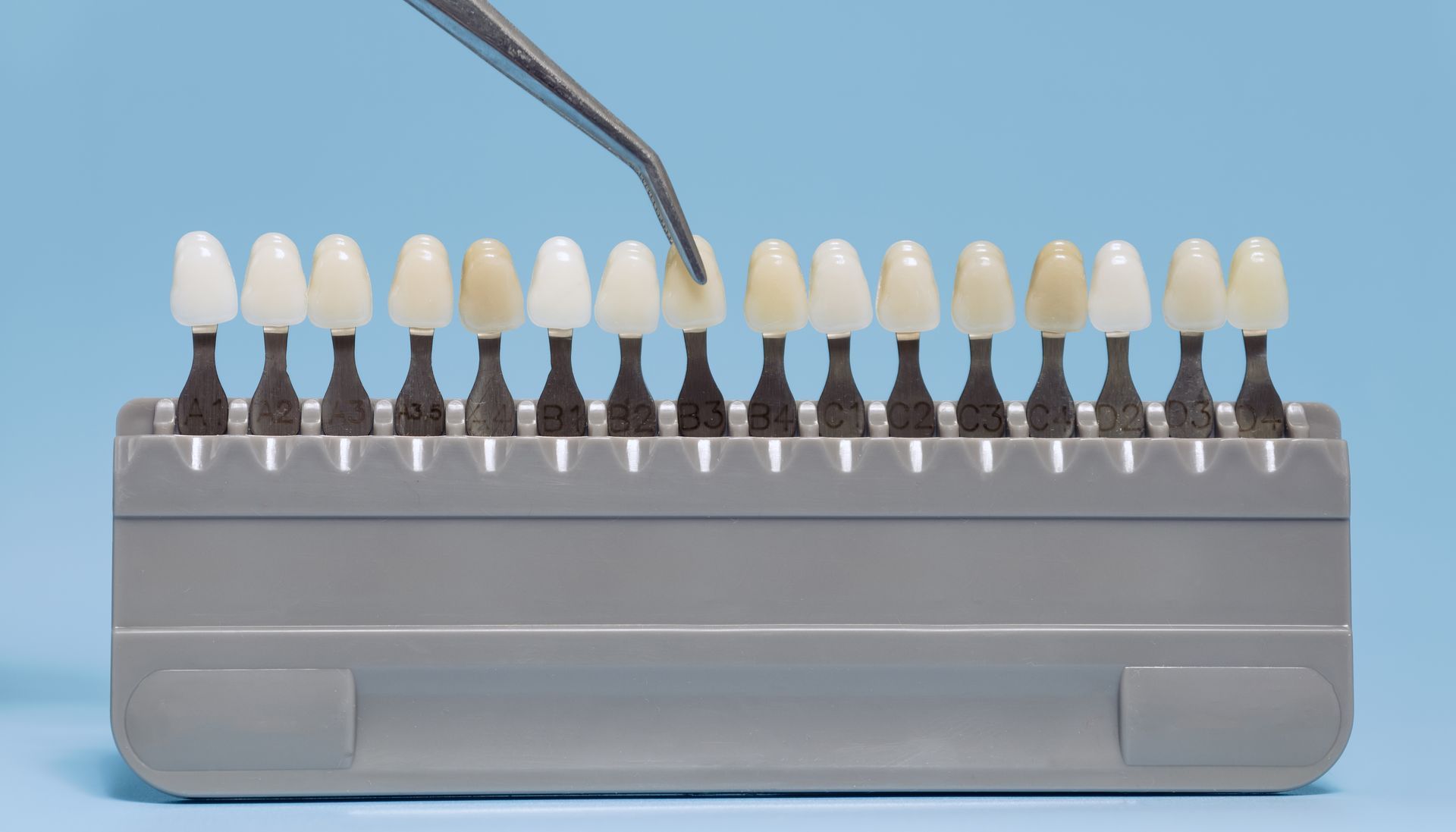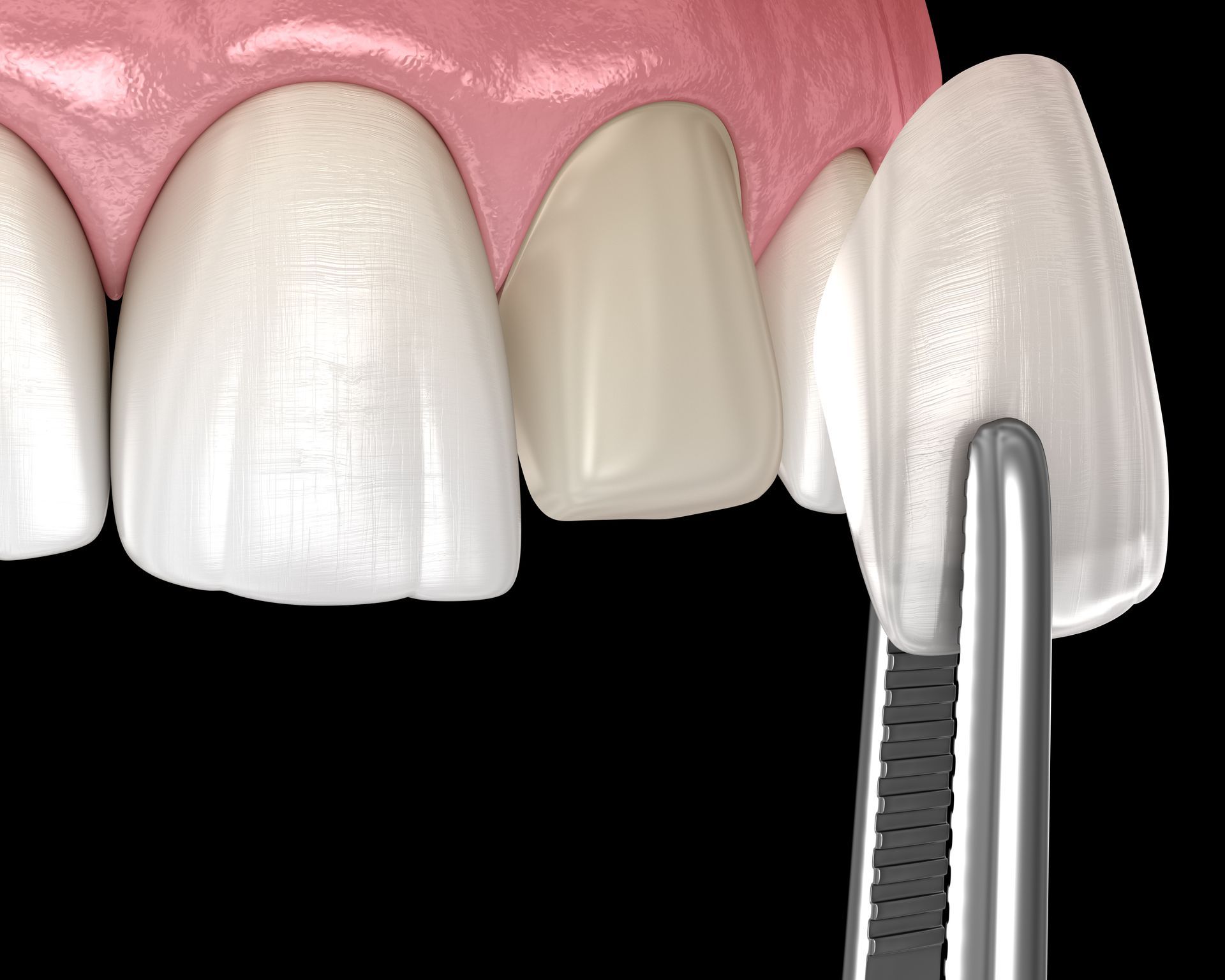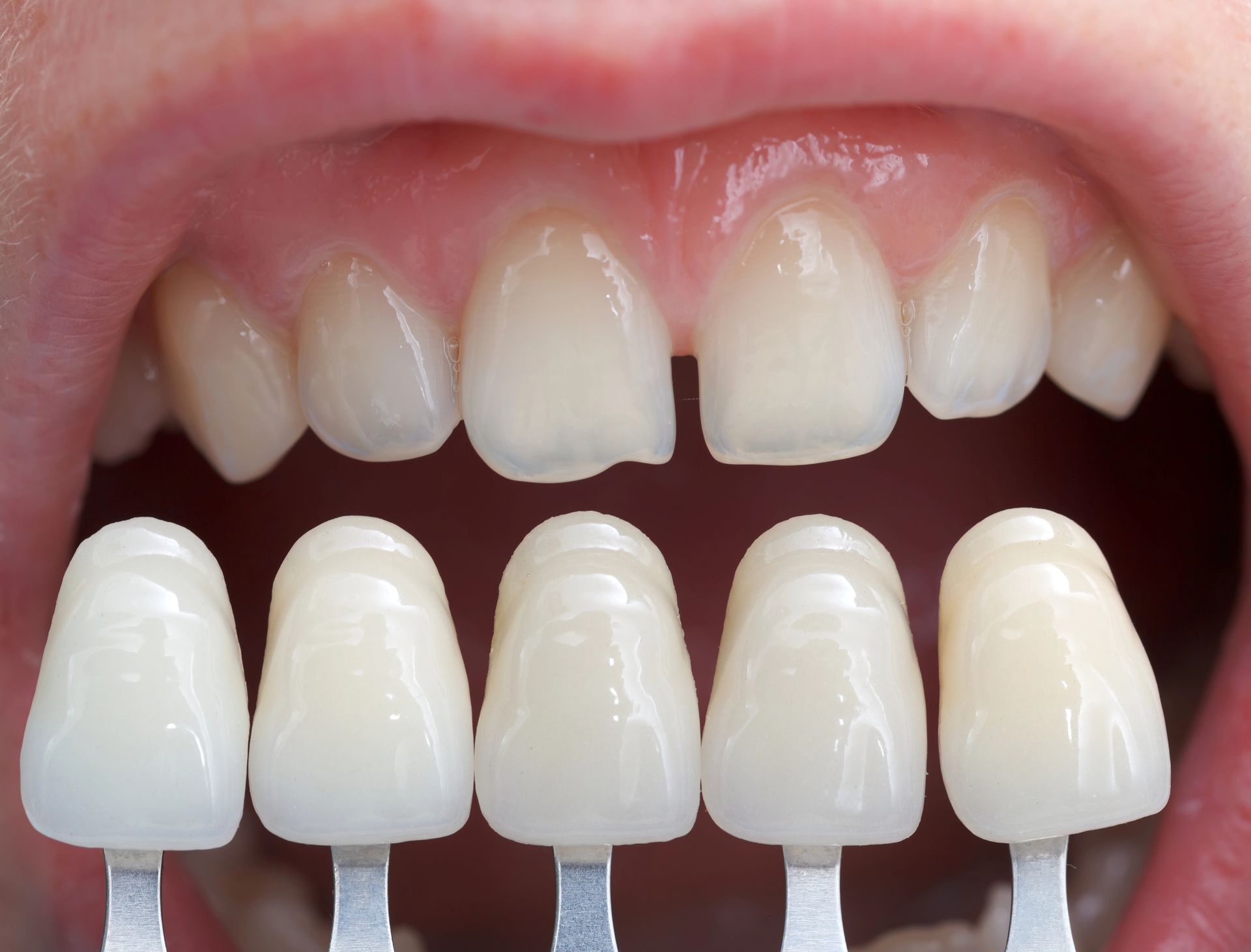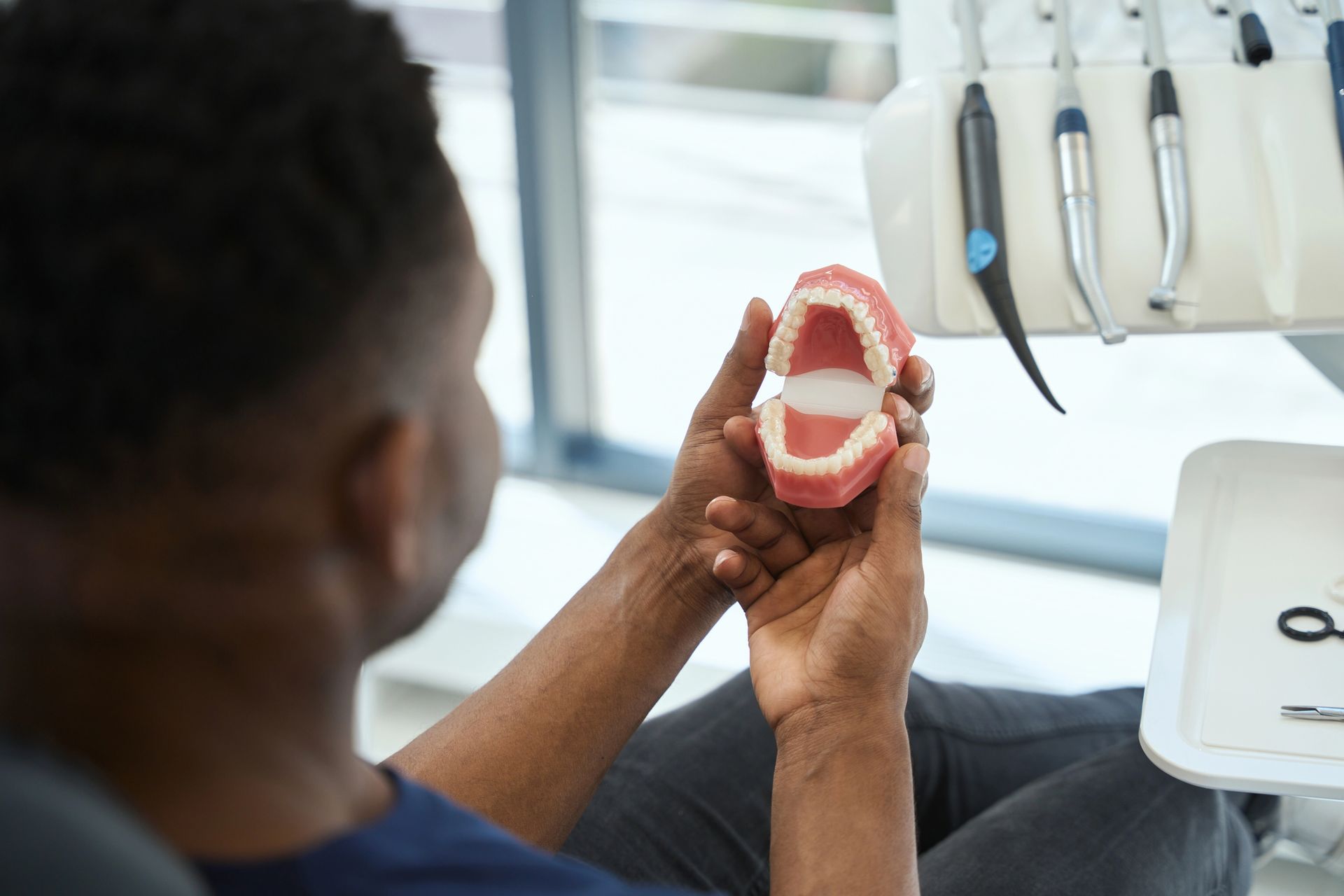

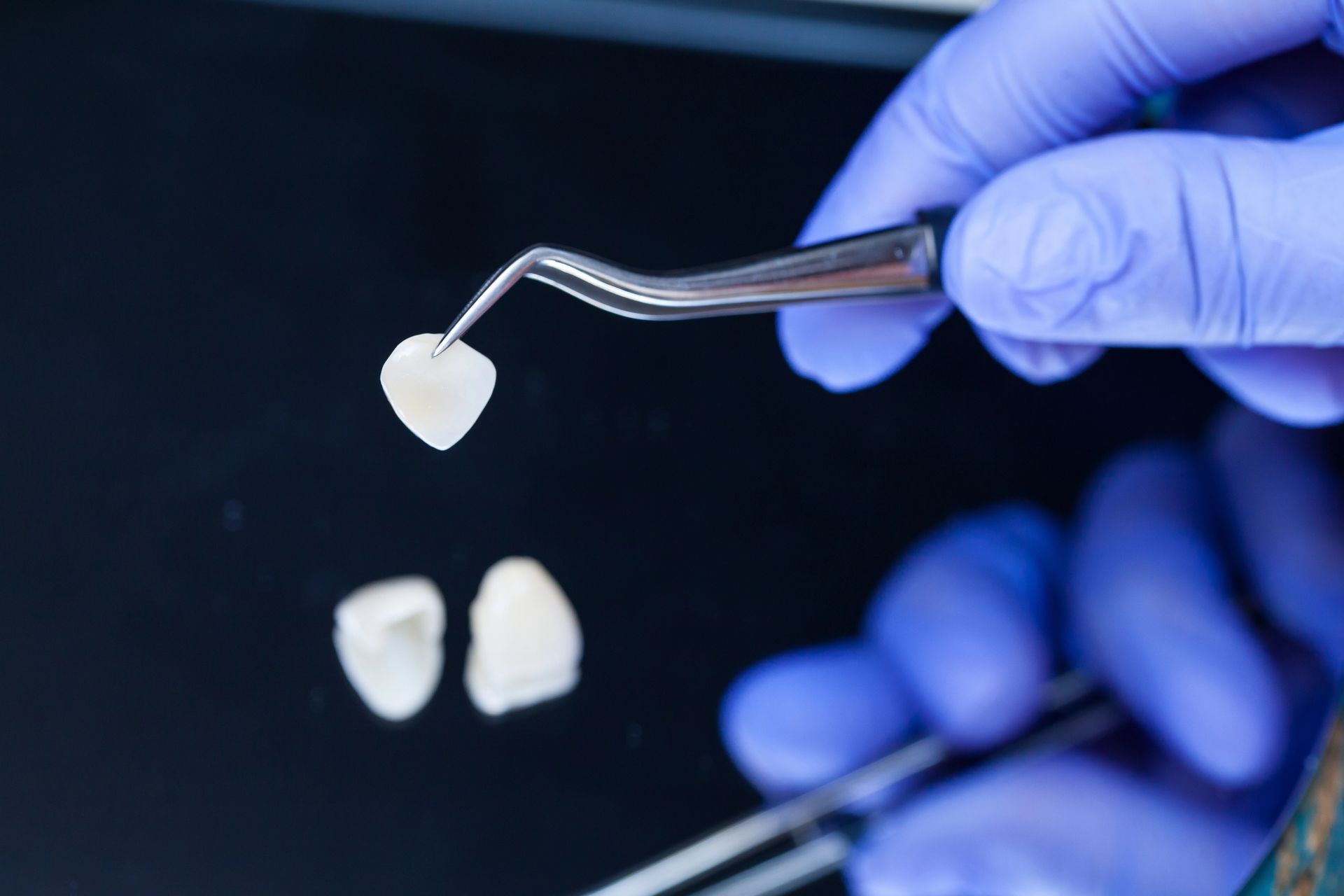
Have you ever wondered if teeth whitening pain affects the comfort of the process? While many people seek a brighter smile, the experience can vary, with some individuals reporting discomfort during or after the procedure. Generally, the level of pain or sensitivity experienced depends largely on the individual's dental health and the method used.
Common Causes of Teeth Whitening Pain
Teeth whitening pain can often deter individuals from pursuing a brighter smile. This discomfort primarily stems from the sensitivity of the teeth, which can be exacerbated by the bleaching agents used in the whitening process. These agents penetrate the enamel to reach the discolored molecules inside your teeth, occasionally irritating the nerves. Additionally, individuals with pre-existing dental conditions such as gum disease, worn enamel, or cavities may experience heightened sensitivity and discomfort during and after the whitening procedure.
Another common cause of teeth whitening pain is the improper application of whitening products. If the whitening agent comes into contact with the gum tissue, it can cause irritation and soreness. This is why the procedure is typically monitored closely when performed in a professional setting. For those considering their options, understanding the process can be crucial. Learn more about professional methods by visiting
Professional Teeth Whitening: The Best Methods Explained.
Sensitivity During Teeth Whitening Procedures
Many individuals report experiencing some level of teeth whitening pain, primarily due to sensitivity during the procedure. This sensitivity can vary widely from person to person and can be influenced by several factors, including the natural predisposition of one's teeth and gums. While the process is generally safe, the sensation of discomfort or heightened sensitivity during teeth whitening is a common occurrence that many people may notice. The feeling typically described ranges from mild tingles to short bursts of pain, which are usually temporary and subside shortly after the treatment is completed.
Understanding that sensitivity is a common part of the teeth whitening process might help manage expectations for those considering this cosmetic treatment. For more information on professional teeth whitening services, you might consider visiting
Columbia's Premier Teeth Whitening.
Duration of Discomfort After Whitening
Many individuals experience some level of teeth whitening pain following the procedure, which typically subsides after a few days. The duration of discomfort can vary depending on several factors, including the condition of the teeth prior to whitening and the individual's sensitivity. Generally, any discomfort is temporary and should gradually decrease over time without requiring any specific intervention.
Factors Influencing Pain Levels
When considering teeth whitening, many individuals are concerned about the potential for discomfort or pain. The experience of teeth whitening pain can vary widely among individuals, influenced by several factors. Sensitivity of the teeth and gums plays a significant role, as does the overall dental health of the individual undergoing the treatment. Additionally, the duration and frequency of the whitening sessions may impact the level of discomfort experienced.
It's important to understand that each person's pain threshold is different, which can lead to varying experiences even under similar conditions. For those in Columbia looking for more information, Design Dentistry Columbia might be a resource to consider. Visit this
Columbia Dentist for further details.
Comparing Pain in Different Methods
When considering teeth whitening, many people are concerned about the potential discomfort associated with different methods. The level of teeth whitening pain can vary widely depending on the technique used. Some methods may cause more sensitivity or discomfort than others, influenced by factors such as the duration of treatment and the concentration of whitening agents used. It's important for individuals to be aware that experiences can differ, and the sensation of pain or discomfort can range from mild to more intense depending on the method chosen.
Psychological Effects of Teeth Pain
Teeth whitening pain can have significant psychological effects on individuals undergoing the treatment. Experiencing discomfort or pain during the whitening process can lead to anxiety and dread of future dental procedures, potentially causing some to avoid necessary treatments altogether. This fear can exacerbate stress levels, contributing to a cycle of dental anxiety. Moreover, the anticipation of pain can affect one's self-esteem and social interactions, as individuals might feel self-conscious about their appearance or hesitant to smile. Understanding and managing the psychological impacts of teeth whitening pain is crucial for a positive cosmetic dental experience.
Managing Expectations About Whitening Discomfort
When considering teeth whitening treatments, it's important to manage expectations regarding teeth whitening pain. While many individuals experience little to no discomfort, some might feel temporary sensitivity or mild irritation during or after the procedure. Understanding that these sensations are typically short-lived and vary from person to person can help set realistic expectations. Discussing potential discomfort with your dental professional and exploring options for minimizing sensitivity, such as using specific toothpaste or adjusting the concentration of whitening agents, can enhance your comfort and overall experience.
Prevalence of Pain in Whitening Treatments
When considering teeth whitening, a common concern is the prevalence of pain associated with various whitening treatments. Many individuals report experiencing some degree of discomfort, commonly referred to as teeth whitening pain, during or after the procedure. This discomfort can range from mild sensitivity to more pronounced pain, particularly in those with pre-existing dental issues or sensitivities. It's important for potential patients to discuss their pain tolerance and dental history with their dentist to tailor the whitening method that best suits their needs and minimizes discomfort.
Understanding the likelihood and nature of teeth whitening pain can help individuals prepare better for the treatment, ensuring a more comfortable and positive experience.
Long-term Effects on Tooth Sensitivity
When considering teeth whitening treatments, it's important to address the potential long-term effects on tooth sensitivity, a common concern associated with teeth whitening pain. While many individuals experience temporary sensitivity during or immediately after the whitening process, some might notice prolonged sensitivity. This can occur due to the bleaching agents used in the whitening products, which penetrate the enamel to reach discolored molecules inside the tooth.
Over time, repeated exposure to these chemicals can exacerbate tooth sensitivity, making daily activities such as consuming hot or cold foods uncomfortable. It's crucial to consult with a dental professional to choose the most appropriate whitening method that minimizes risks and effectively manages any resultant sensitivity.
Conclusion
If you're considering teeth whitening but are concerned about potential discomfort, it's important to gather as much information as possible. For further inquiries, feel free to call us at
803-667-3919 or
read our reviews on Google Maps.




